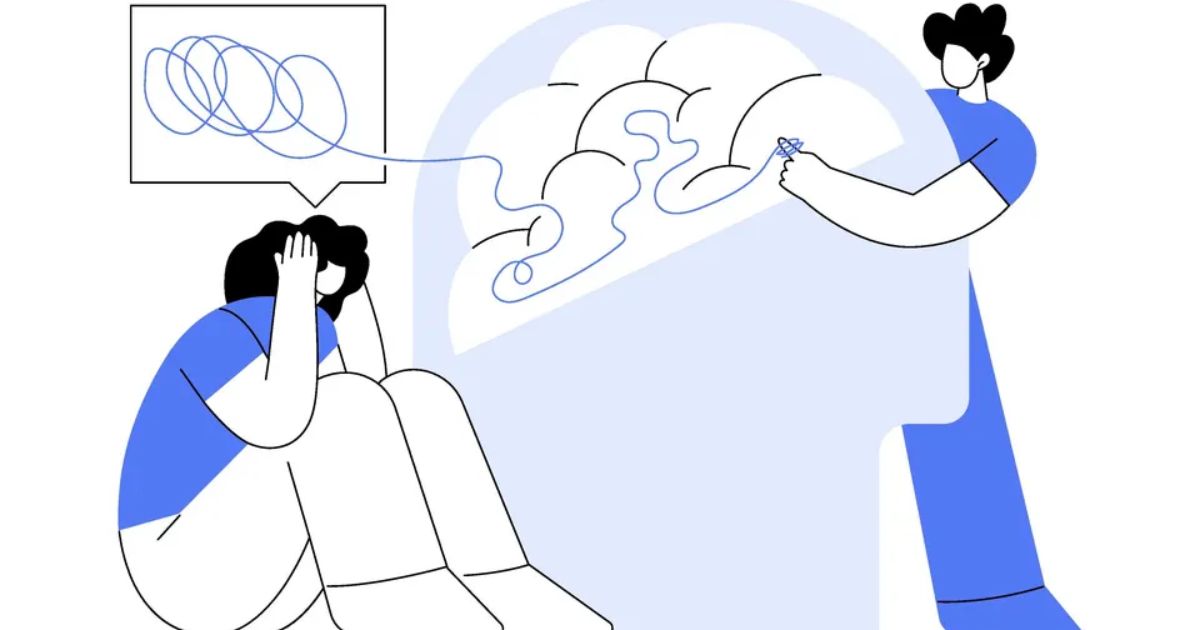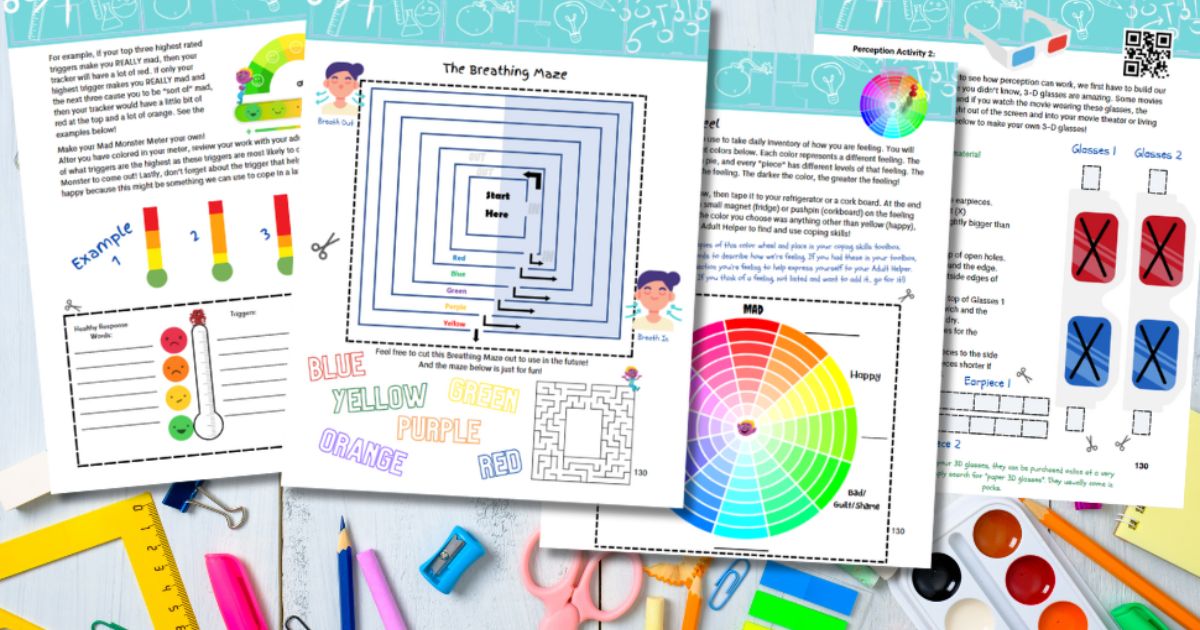- Healthy mental health conversations are central to raising mental health awareness.
- However, such conversations can be beset with challenging problems like mental illness stigma.
The Importance Of Mental Health Conversations
Mental health conversations are essential because they help to break down the stigma around mental health problems. By having open and honest conversations about mental health, we can create a safe space for individuals to share their experiences and seek help.
Talking about mental health, face-to-face or on social media, can also help to raise awareness and educate others about the importance of taking care of our mental well-being. It can encourage people to seek professional help when needed and reduce the shame and isolation that often accompany mental health problems.
Difficulties In The Conversation About Mental Health
Despite the importance of mental health conversations, there are still many challenges that individuals face when discussing mental health. Some of the difficulties include the fear of being judged, the belief that mental health problems are a sign of personal failure, and the lack of understanding and education about mental health.
People may also feel uncomfortable talking about their mental health due to cultural or societal beliefs that view mental health as taboo or a personal weakness.
What Is The Stigma About Mental Health Problems?
The stigma around mental health problems refers to the negative attitudes and beliefs that individuals have towards people who are struggling with mental health issues. This can include the belief that people with mental health problems are weak, lazy, or dangerous.
Stigma can also prevent people from seeking help and support for their mental health problems, leading to increased feelings of shame, isolation, and despair. Stigmatization of mental health aggravates the symptoms of pre-existing mental health conversations and reduces treatment outcomes for the mentally ill.
Manifestations Of Mental Health Stigma
Mental illness stigma can manifest in several ways, including discrimination, stereotyping, and prejudice toward individuals with mental health problems. One manifestation of mental health stigma is discrimination, where individuals with mental health problems are treated unfairly due to their condition.
This can include being denied employment, housing, or education opportunities based on their mental health status. Discrimination can also occur in healthcare settings, where individuals may receive suboptimal care or be refused treatment due to their mental health status.
Another manifestation of mental health stigma is stereotyping, where individuals with mental health problems are labeled and characterized based on negative stereotypes. For example, individuals with depression may be viewed as weak or lazy, while those with anxiety may be seen as overly dramatic or attention-seeking.
These stereotypes can lead to the marginalization of individuals with mental health problems and prevent them from seeking help or accessing support.
Prejudice towards individuals with mental health problems can also manifest as social exclusion or avoidance, where individuals may avoid interacting with those with mental health problems due to fear or discomfort.
How To Talk About Mental Health More Effectively
An effective mental health conversation is central to raising mental health awareness. Consider the following tips on how to talk about mental health more effectively:
- Educate yourself about mental health, including the common mental health disorders, symptoms, and treatment options.
- When someone shares their experiences with mental health, practice active listening without judgment. Avoid giving advice or trying to “fix” their problems. Instead, validate their feelings and struggles.
- Avoid using stigmatizing language or labels when discussing mental health. Instead, use person-first compassionate language, such as “person with depression” instead of “depressed person.”
- If you feel comfortable, share your own experiences with mental health. This can help to normalize the conversation and encourage others to open up.
- If someone is struggling with their mental health, encourage them to seek professional help. Offer to help them find resources and support.
- Create a safe space for people to talk about their mental health by being non-judgmental and empathetic. This can include participating in mental health advocacy, supporting mental health initiatives, and promoting mental health awareness.
Mental health conversations are essential to breaking down stigma and supporting individuals with mental health problems.
While there are many challenges to these conversations, we can work to overcome them with a compassionate and open approach toward mental health and its destigmatization. By doing so, we can help to create a more supportive and understanding society for those struggling with mental health problems.
Know More About –
Related Articles –
- A 5-Step Guide To Host A Difficult Conversation
- 10 Steps for Having a Difficult Conversation
- 60 Of The Hardest Questions To Answer




























